Father Sergey, administering care to souls and bodies (photos)
The Orthodox clergyman has been a doctor for decades. One of the first priests to be ordained after the end of Soviet repression, he dedicated his life to the sick and suffering. After two strokes, he travels across Russia today to lecture and look for volunteers to help in children wards at hospitals.
Moscow (AsiaNews) – Thirty years ago, Father Sergey Baklanov of Ufa, a city in Bashkortostan (Bashkiria) near the Ural Mountains, worked as a paramedic for a local unit of Russia’s Civil Protection Agency.
After he became a priest, he suffered two strokes and was forced to learn to walk again. This prompted him to work in palliative care ward at the cancer centre in Ufa, where he set up a new palliative care system.
In March 2014, after returning from the funeral of one of his goddaughters, 16-year-old Polina, who died from a sarcoma after four years of fighting, Father Sergey sat at the kitchen table (Russia’s traditional setting for introspection), and started writing a letter to the governor of the Republic of Bashkortostan. “In our Republic there is no real palliative care for children; we don't help them cope with suffering. When I realised this, my heart was torn to the point that I had to write to you.”
Despite his own disability, for 15 years Fr Sergey has visited the sick every week, and he continues to travel across the country giving lectures and organising volunteers. He spoke to Pravmir.ru about his experience, saying that his first time in an operating room was when he was 14, and his father was hospitalised.
Seeing a girl moan during an appendectomy, young Sergey asked the doctor if she didn’t need more anaesthetics. The latter told him that “She wasn’t in pain; she was just afraid. You talk to her.” The girl asked him to hold her hand, which she squeezed so hard that she left nail marks, but the operation went very well.
That was 1980, and Sergey decided to become a paramedic like his sister, then a doctor and finally a priest, after a period of self-examination following the end of communism.
In the late 1980s, Sergey wore his hair like a huppie with a long pony tail, and was interested, along with his friends, in Indian and Chinese philosophy. During a chat, a university physics professor told the group, “You are correct to ask yourselves questions for man is not only body, but he is also soul; except we don’t have to go very far, these things are also learnt here at home.” “Where?” the young people asked. And the professor pointed to the Church of the Protection of the Mother of God, where they all went together the following Sunday.
That physics professor eventually left his job and took the monastic habit, and today he is Bishop Mefody of Kamensk-Uralsky Eparchy, director of the Patriarchal Coordination Centre for the fight against drug addiction.
The young people helped remove the chairs in a church, hitherto used as a movie theatre, and became his first parishioners. Sergey was one of the first priests ordained in the 1990s, after he enrolled at the Saint Tikhon's Orthodox University of Humanities in Moscow, studying by correspondence.
To avoid media exposure, Father Sergey asked to serve "in the countryside", where all the churches had to be returned or rebuilt. In 1992 he became pastor in Russky Yurmash, a village some 15 kilometres from Ufa, where he rebuilt the church dedicate to Saint Seraphim of Sarov (Seraphim-Sarovsky), and where he still ministers today.
Orthodox priests often need a second job to support their family. Father Sergey was hired by the local Civil Protection agency to work as a doctor, saving people involved in road accidents or buried in snow on the Urals, talking people out of taking their own lives or helping drowning victims breathe again.
After each successful deed, Father Sergey joyfully told his colleagues that "it was by the grace of God". Many have asked him to write a book, suggesting the title as well: The days of the priest-saviour.
When another stroke paralysed his left arm, he was still happy that "at least with the right I can make the sign of the cross”. After 40 years, he seemed to be running out of hope seemed, but he recovered, training himself to take the prayer book with his left hand, even though he is now suffering from multiple sclerosis. His movements are difficult, causing distorted facial expressions, which he uses to better communicate with children in cancer wards. “To ease their suffering, I also wear a clown's nose".
07/02/2019 17:28
26/02/2022 18:32





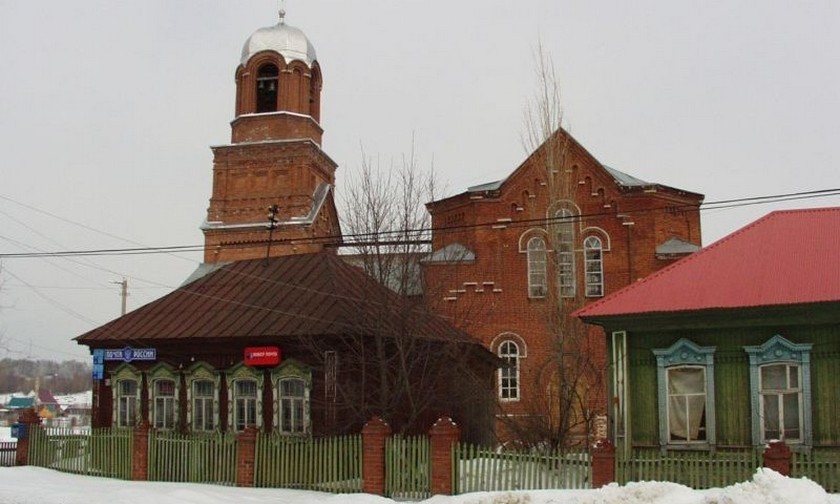
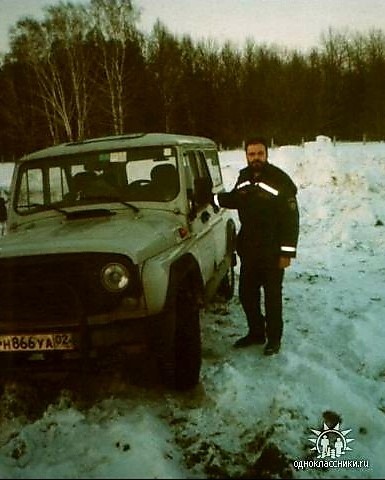
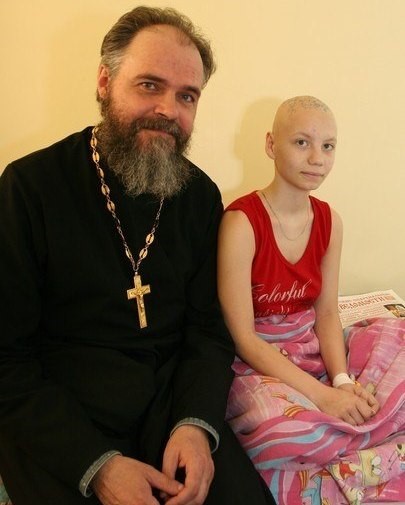
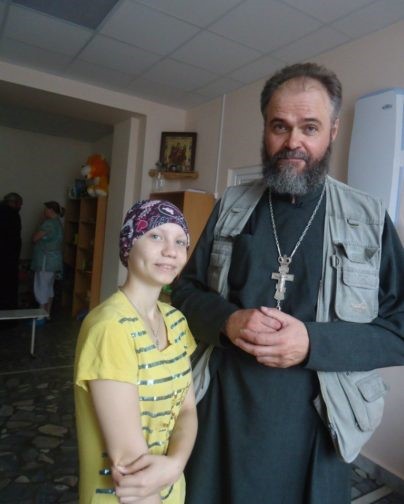
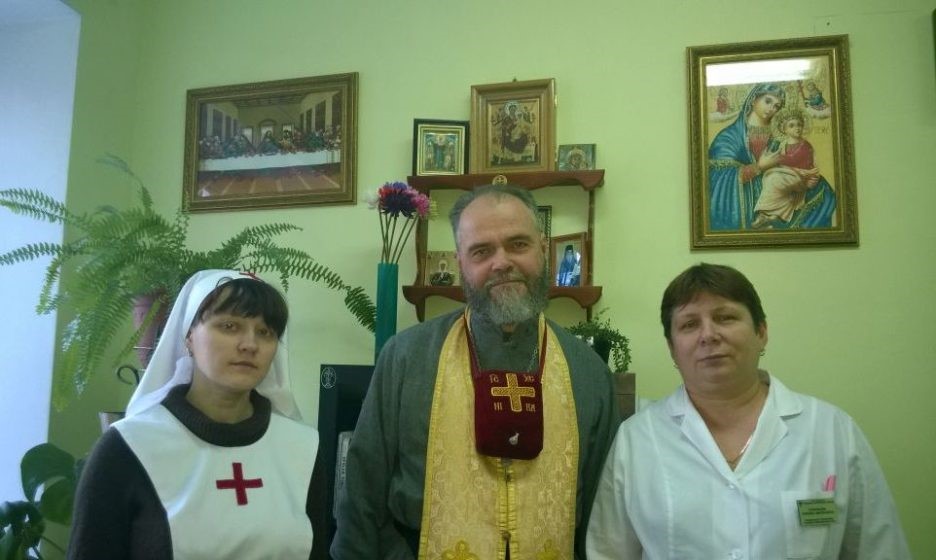
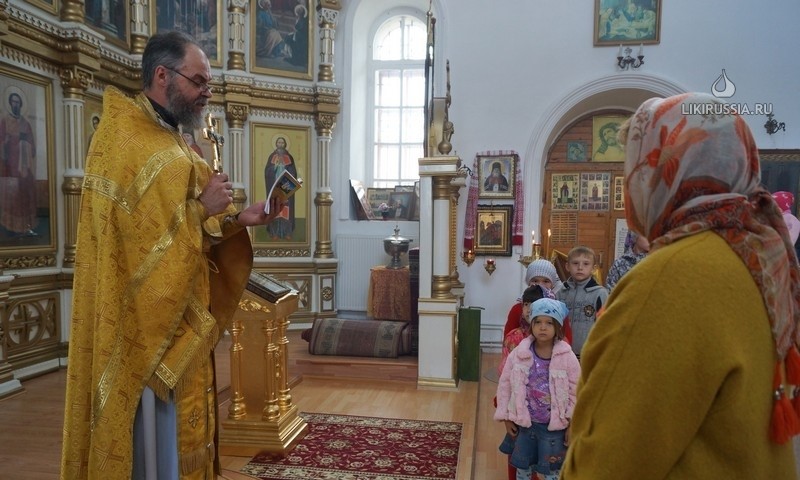
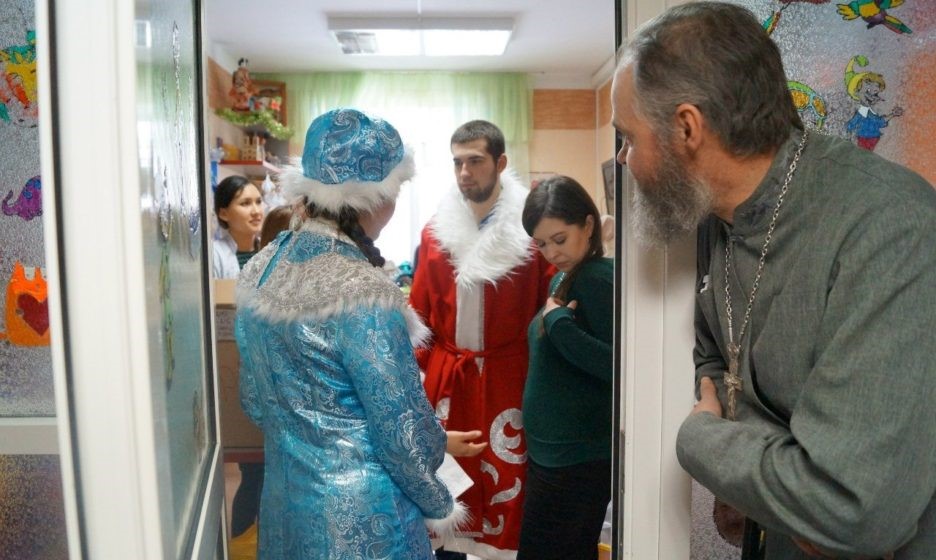
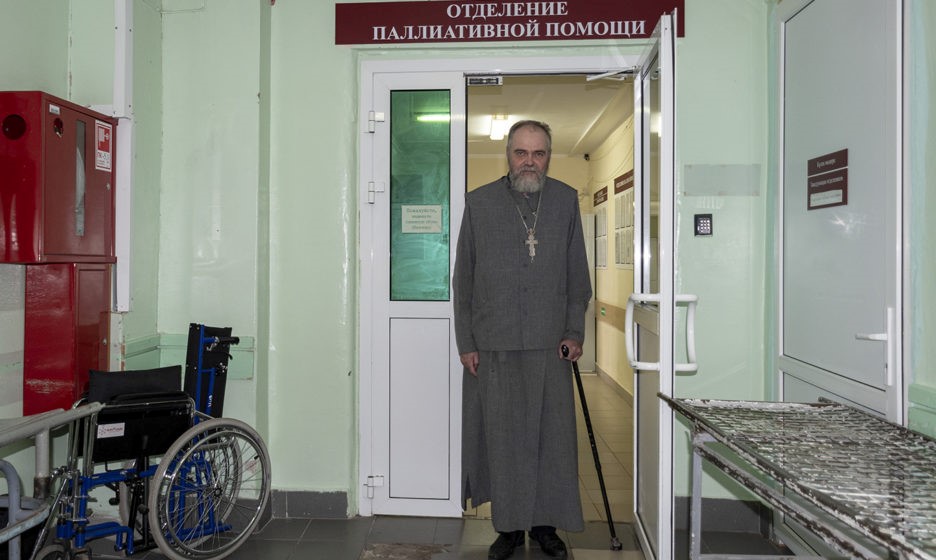


.png)










